While building an online UPS system, I'm basing the choice to eliminate as many AC inverters from the system as possible because of the assumption that DC-to-DC conversion is more efficient than AC-to-DC conversion.
I'm not totally sure that this is the case though. I've read some articles stating that buck conversion might only be 85% efficient, yet many product offerings tout 97% efficiency. Also, one of the big selling points on AC is the efficiency of conversion. I am hoping to get some solid information on this specific efficiency comparison.

